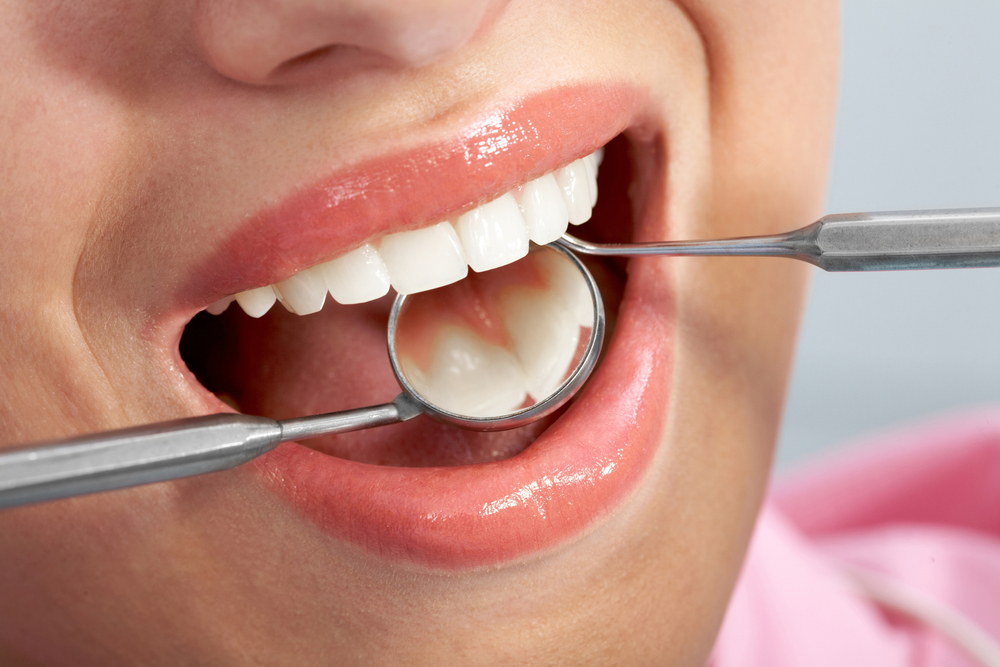Common Oral Hygiene Mistakes

Your mouth is the gateway to your body, and its health is pivotal to your overall well-being. It's not just about a radiant smile; oral health touches every aspect of your life. Yet, it's easy to underestimate the importance of the care we give to our teeth and gums. A robust oral hygiene routine is the cornerstone of a healthy mouth, but even the most diligent among us can inadvertently slip up.
The Importance of Oral Health
Oral health is a critical component of your overall health and quality of life. Not only does it affect your ability to speak, smile, and chew properly, but it also has far-reaching implications for your systemic health. The mouth is a breeding ground for bacteria, and while most of these microorganisms are harmless, some can lead to disease if oral hygiene is neglected.
Your oral health offers clues about your general health and can affect it in ways you might not anticipate. For instance, studies have linked poor oral hygiene to a variety of conditions, including heart disease, diabetes, and pregnancy complications. It's clear that taking care of your mouth is about much more than avoiding cavities; it's about preserving your overall health.
A healthy mouth enables you to interact with others confidently, without the self-consciousness that dental issues can cause. It's a vital part of your social and professional life, influencing both your personal and public personas.
What Are Common Oral Hygiene Mistakes?
One of the most frequent missteps is the failure to brush teeth properly. Many people rush through their brushing routine, not spending the recommended two minutes to thoroughly cleanse their teeth. This hasty approach can leave behind food particles and plaque, leading to tooth decay and gum disease.
Additionally, some individuals don't brush their teeth the suggested twice a day. Neglecting your morning or nighttime brushing allows bacteria to flourish, creating an acidic environment that can erode tooth enamel and irritate the gums. Consistency is key in preventing oral health issues, so it's essential to brush for two minutes, twice a day.
Another common error is employing an incorrect brushing technique. Aggressive brushing or using hard-bristled toothbrushes can damage the gums and enamel. Instead, use gentle circular motions with a soft-bristled brush to clean your teeth effectively without causing harm.
Flossing is an often-skipped step in oral hygiene routines, yet it's crucial for removing plaque and food particles from between teeth where a toothbrush can't reach. Skipping flossing can lead to gum disease and cavities between teeth. Integrating flossing into your daily routine is essential for complete oral care.
Mouthwash, while not a substitute for brushing or flossing, can be a beneficial addition to your oral hygiene routine. It can help reduce the amount of plaque, freshen breath, and deliver fluoride to the teeth. However, many people overlook its potential benefits and miss out on the extra protection it can provide.
Regular visits to the dentist are essential for maintaining oral health, yet some individuals delay or skip dental appointments. Professional cleanings remove tartar that can't be eliminated at home, and check-ups can catch potential issues early on. Avoiding the dentist can lead to more significant problems down the line and more extensive, costly treatments.
Your diet plays a significant role in your oral health. Consuming too many sugary or acidic foods and beverages can lead to tooth decay and erosion. A balanced diet rich in fruits, vegetables, lean proteins, and whole grains promotes strong teeth and gums. It's important to be mindful of your intake of harmful foods and drinks to prevent oral health issues.
Risks Associated with Poor Oral Health
Poor oral hygiene practices can lead to the buildup of plaque, a sticky film of bacteria that coats your teeth. If not removed, plaque can harden into tartar and contribute to the onset of tooth decay and gum disease. Gum disease, or periodontitis, can cause inflammation, bleeding, and even tooth loss if left untreated.
The risks associated with poor oral health extend beyond your mouth. Bacteria from untreated oral infections can enter the bloodstream and travel to other parts of your body. This can increase the risk of cardiovascular disease, worsen diabetes control, and has been linked to respiratory infections and rheumatoid arthritis.
Maintaining Good Oral Health
Your oral health is a vital aspect of your overall health and well-being. By recognizing and correcting common oral hygiene mistakes, you can significantly reduce the risks associated with poor oral health. Remember to brush thoroughly twice a day, floss regularly, use mouthwash as an adjunct, maintain a balanced diet, and visit your dentist for routine check-ups and cleanings.
For further guidance on how to properly maintain your oral health or to schedule your next dental exam, visit SmileOn Dentistry our office in Marina Del Rey, California. Call (310) 822-0202 to book an appointment today.




